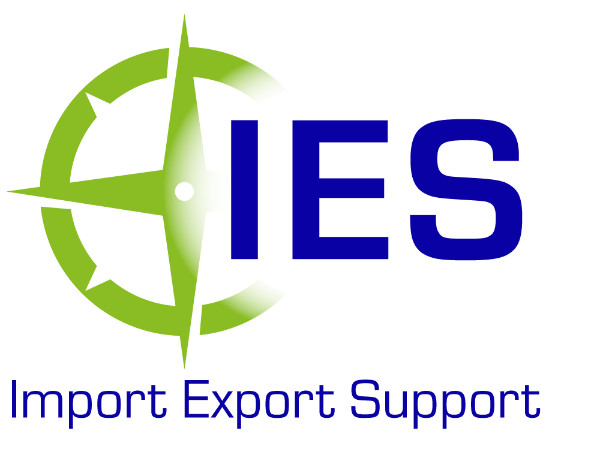If your business trades in the EU, here’s why you should consider PIVA: Postponed Import VAT Accounting
From 1st January 2021 goods moving between the UK and EU will become imports and exports, and import VAT will be due on every movement. This means importers and exporters will need to be on top of their VAT.
In principle, when goods enter the EU or UK, import VAT should be paid straightaway at the border. However, HMRC recognises the impracticality of this and offers payment options including deferment accounts and FAS payments. The newest option is Postponed Import VAT Accounting (PIVA), starting from Jan 1st PIVA will allows businesses to account for import VAT on regular VAT returns.
The benefit to cashflow is clear, so if this sounds like something that your business should consider, here is the IES guide to PIVA.
PIVA notes
- Applies to traders who are registered for VAT in the UK
- Applies to goods which are imported into
- Great Britain (England, Scotland, and Wales) from anywhere outside the UK
- Northern Ireland from outside the UK and EU
- Traders do not need to be authorised to do this
- A deferment account is still required for the payment of duty and for CFSP
- If you are a non-established taxable person your nominated intermediary will be able to account for the import VAT on their VAT return. When the goods pass to you from the intermediary, they will send an invoice including the relevant VAT.
PIVA rules
It is important to note the rules about when you can use PIVA
- The goods you import must be for use in your business
- Your GB EORI number must be included on the customs import declaration
- You can account for import VAT on your VAT return for excise goods released for home consumption which also includes their release from an excise warehouse after being held under duty suspension
- If you use any of the customs special procedures below you can account for the VAT when the goods are released into free circulation
- Customs Warehousing
- End Use
- Inward Processing
- Outward Processing
- Temporary Admission
- Duty Suspension
What to do if you delay your customs declaration
If you import goods that are not controlled into Great Britain from the EU between 1 January and 30 June 2021 and delay your customs declaration you must account for import VAT on the VAT Return. You should include the date you imported the goods and therefore you will need to estimate the import VAT due from your records of imported goods.
When you submit your delayed declaration, your next online monthly statement will show the amount of import VAT due on that declaration. You will be able to adjust your previous estimate and account for any difference on your next VAT Return
PIVA process
Import Declaration – advise your Customs Intermediary
1. CHIEF: Enter the EORI number in Box 8 (Header Consignee) or the VRN in box 44h (registered consignee)
2. Enter ‘G’ as the method of payment in Box 47e
3. CDS – VAT reg number must be entered at the header level in data element 3/40
Complete your VAT Return
1. Download the statement for the import VAT that was postponed in the previous month
2. Box 1: Include the VAT due in this period on imports accounted for through postponed VAT accounting
3. Box 4: Include the VAT reclaimed in this period on imports accounted for through postponed VAT accounting
4. Box 7: Include the total value of all imports of goods included on your online monthly statement, excluding any VAT
Information is per the HMRC guidance published as of the date of issue of this advice. Click for more:
HMRC PIVA information

